Tooth sensitivity is when your teeth feel pain or discomfort when you eat or drink something hot, cold, sweet, or sour. It’s like a little shock or sting in your teeth that can be bothersome. Addressing tooth sensitivity is important because it can affect your daily life, making it uncomfortable to eat or drink certain things. Plus, if left untreated, it could lead to more serious dental problems down the road. So, it’s essential to understand what causes tooth sensitivity and how to manage it to keep your smile healthy and pain-free.
What are the Causes of Tooth Sensitivity?
Tooth sensitivity can occur for various reasons, and understanding these causes is crucial for effective management. Here are some common factors that contribute to tooth sensitivity:
🦷 Enamel Erosion: The outer layer of your teeth, called enamel, protects the sensitive inner layers. When enamel wears down due to factors like acidic foods, beverages, or aggressive brushing, or some systemic diseases related to stomach, like GERD, it exposes the underlying dentin, leading to sensitivity.
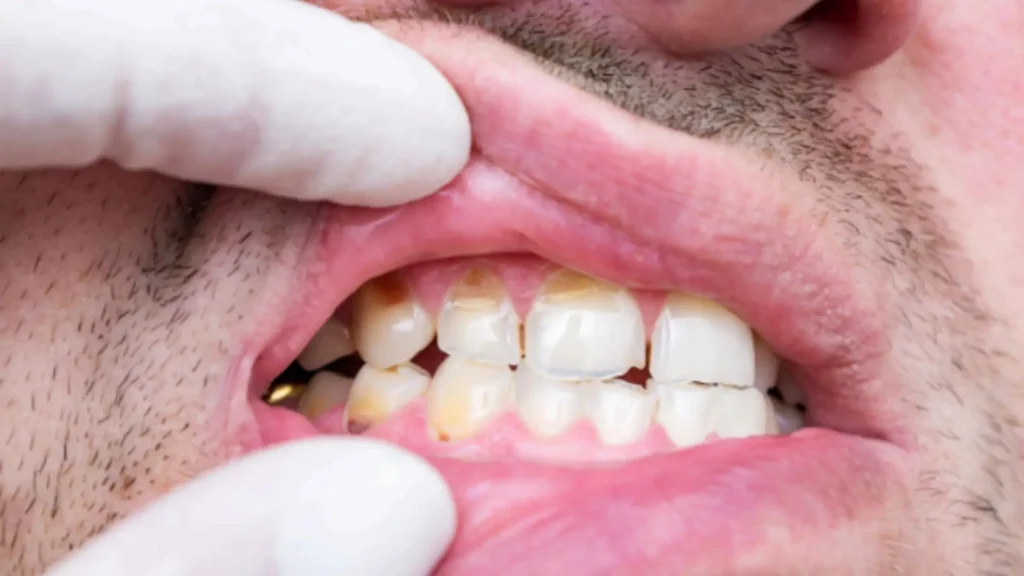
🦷 Gum Recession: Gum recession occurs when the gums pull away from the teeth, exposing the tooth roots. Since the roots are not covered by enamel, they are more prone to sensitivity, especially to hot, cold, or acidic substances.
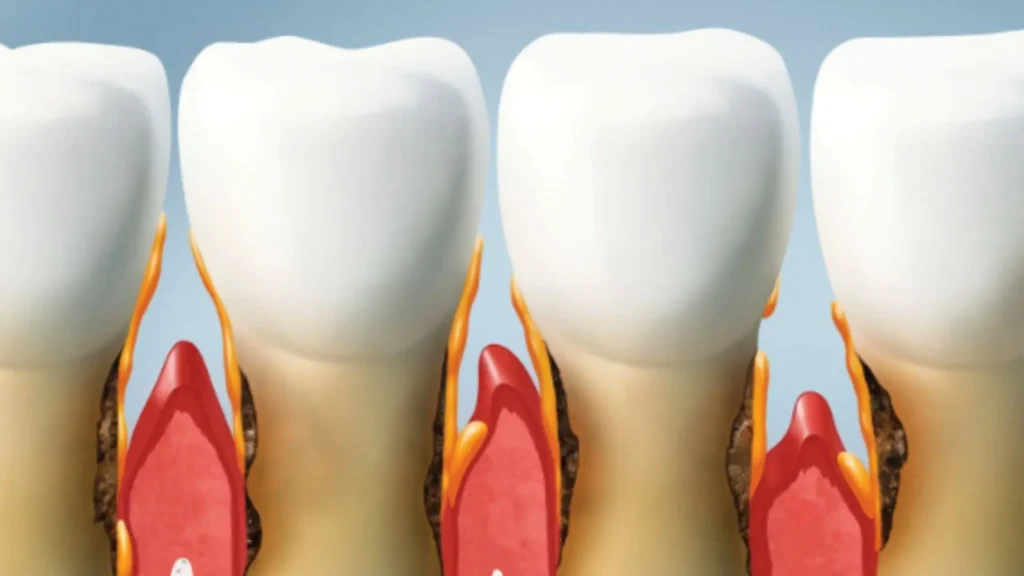
🦷 Tooth Decay: Cavities or tooth decay can cause sensitivity, especially if they reach the inner layers of the tooth where the nerves are located. Decay weakens the tooth structure, making it more sensitive to external stimuli.
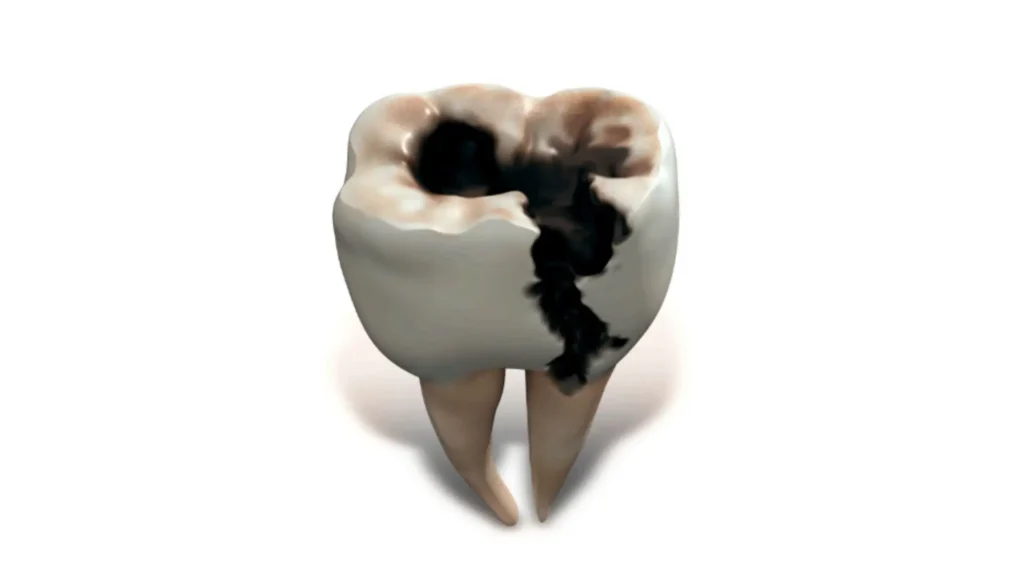
🦷 Dental Procedures: Some dental treatments, such as tooth whitening, dental cleanings, or restorative procedures like fillings or crowns, can cause temporary sensitivity. This sensitivity usually subsides after a few days but may require desensitizing treatments in some cases.
🦷 Tooth Grinding (Bruxism): Grinding or clenching your teeth, especially during sleep, can wear down the enamel and expose the dentin, leading to sensitivity. Bruxism can also cause other dental problems, such as tooth fractures or jaw pain.
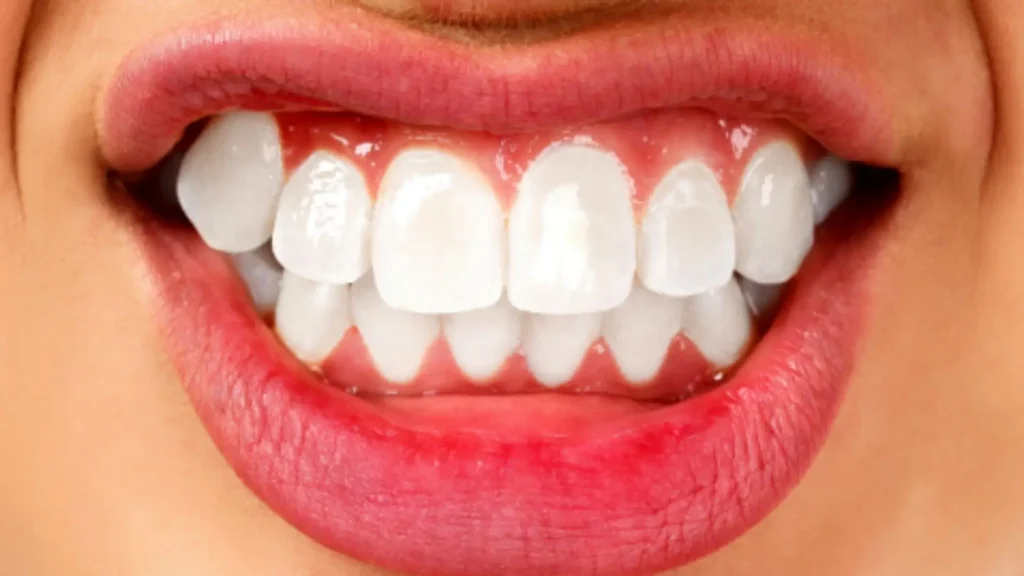
🦷 Cracked or Fractured Teeth: Cracks or fractures in the teeth can expose the sensitive inner layers, resulting in sensitivity, particularly when chewing or biting down.
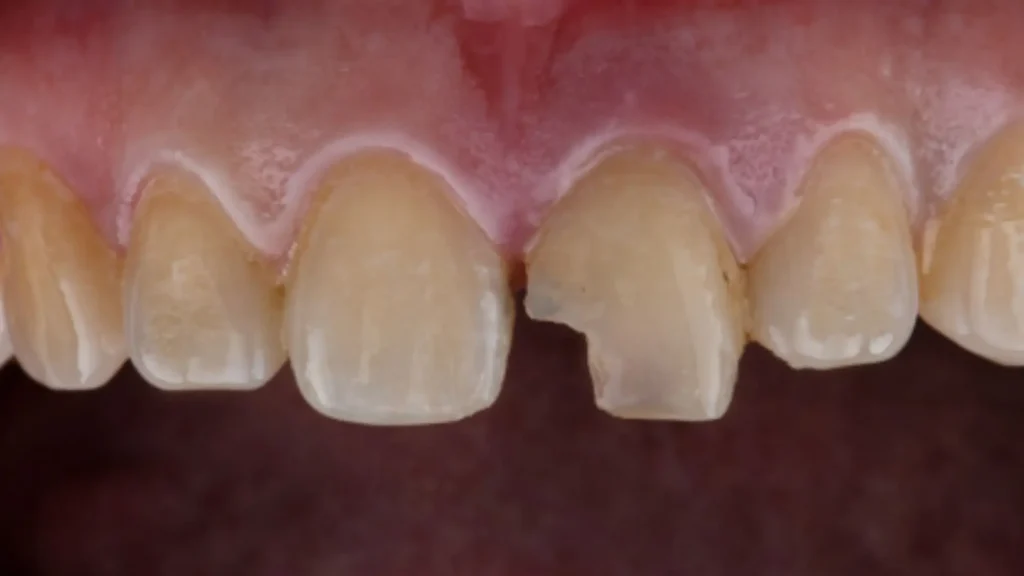
🦷 Acidic Foods and Beverages: Consuming highly acidic foods and beverages, such as citrus fruits, soda, or vinegar-based foods, can erode enamel over time, leading to sensitivity.

🦷 Dental Trauma: Trauma to the teeth, such as a blow to the mouth or a sports-related injury, can damage the enamel or cause fractures, increasing the risk of sensitivity.
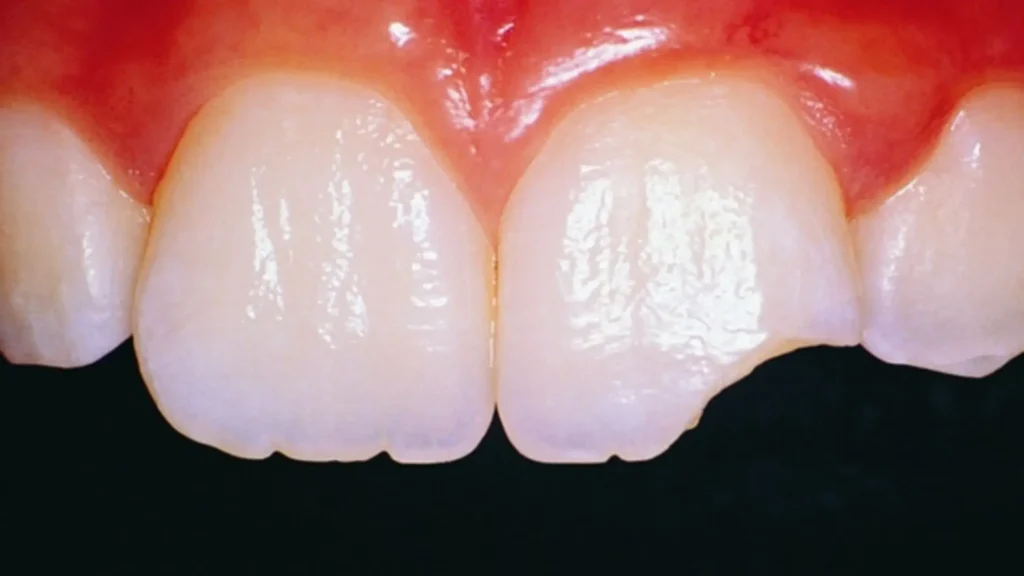
How to manage tooth sensitivity?
🦷 Desensitizing Toothpaste and Mouthwash: Use toothpaste and mouthwash specially formulated for sensitive teeth. These products contain ingredients that help block nerve signals, reducing sensitivity over time. But you must use these products only after consulting with your dentist to make the right choice

🦷 Fluoride Treatments: Fluoride helps strengthen tooth enamel, making it more resistant to sensitivity. Your dentist may apply fluoride gel or varnish to your teeth during a dental visit. This strengthens the enamel and reduces sensitivity. Additionally, using fluoride-containing toothpaste and mouthwash at home can provide ongoing protection.
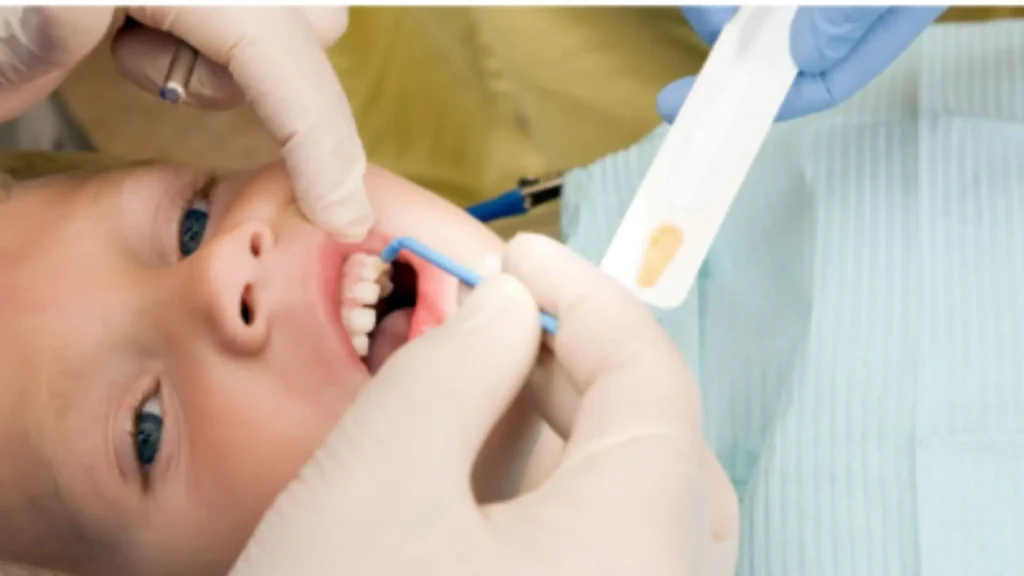
🦷 Dental Bonding or Sealants: Dental bonding involves applying a tooth-colored resin to the affected teeth to cover exposed dentin and reduce sensitivity. Sealants are thin protective coatings applied to the chewing surfaces of teeth to prevent decay and sensitivity. These treatments provide a barrier against external irritants and can help alleviate sensitivity.
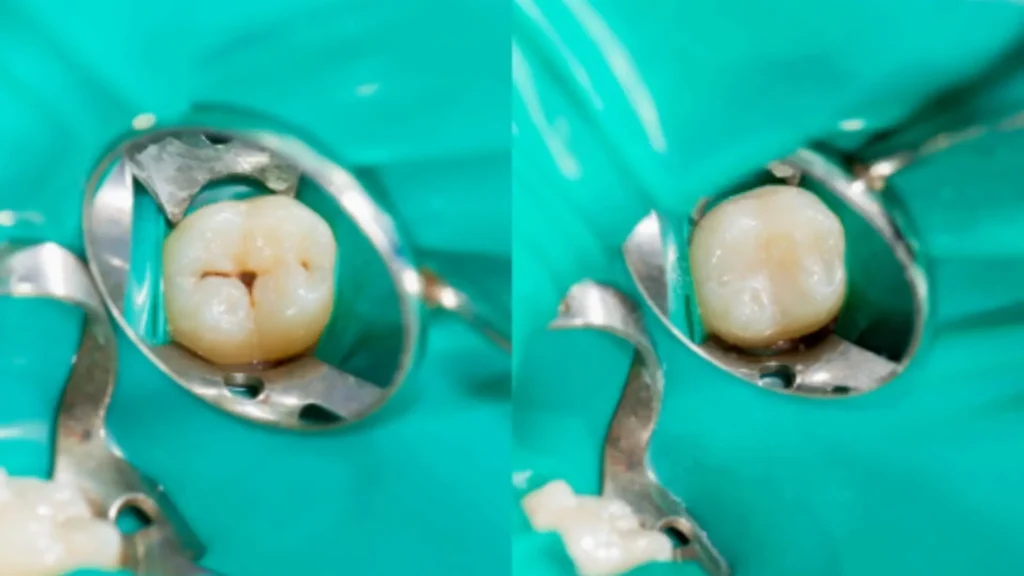
🦷 Root Canal Therapy: In cases of severe tooth sensitivity caused by nerve damage or infection, root canal therapy may be necessary. During this procedure, the dentist removes the damaged nerve tissue from the tooth’s interior, disinfects the area, and seals it to prevent further infection. While root canal therapy may seem daunting, it effectively eliminates sensitivity and restores tooth function and comfort.
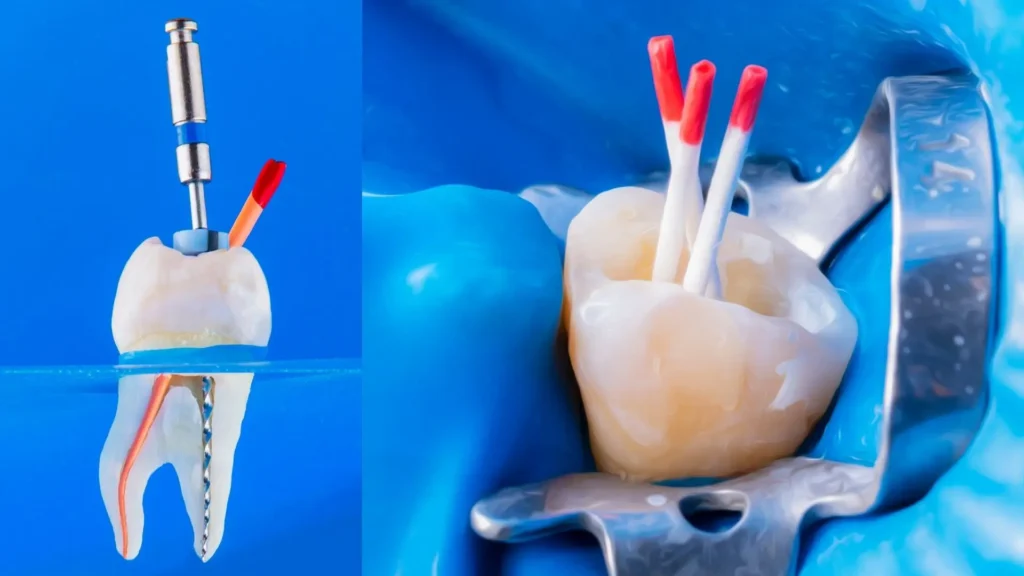
What are the Prevention Tips for Tooth Sensitivity?
Proper Oral Hygiene Practices:
Brush your teeth twice a day using fluoride toothpaste and floss daily to remove plaque and prevent gum disease. Good oral hygiene helps maintain strong, healthy teeth and gums, reducing the risk of sensitivity.
Avoiding Acidic Foods and Beverages:
Limit your consumption of acidic foods and beverages such as citrus fruits, sodas, and acidic juices. These can erode tooth enamel over time, leading to sensitivity. Opt for less acidic alternatives and rinse your mouth with water after consuming acidic foods to help neutralize acids.
Using a Soft-Bristled Toothbrush:
Choose a toothbrush with soft bristles to gently clean your teeth and gums without causing irritation or enamel wear. Hard-bristled brushes can damage enamel and contribute to sensitivity. Brushing too hard can also worsen sensitivity, so use gentle, circular motions when brushing.
Regular Dental Check-ups and Cleanings:
Visit your dentist twice a year for check-ups and professional cleanings as advised. Your dentist canidentify signs of tooth sensitivity and provide guidance on prevention and treatment. Professional cleanings remove plaque and tartar buildup, reducing the risk of gum recession and enamel erosion that can lead to sensitivity.
Why visit Elite Dental Clinic, Bhubaneswar for all your dental problems?
- Expert Care: Our experienced dentists, led by Dr. Smruti Nanda Mahapatra, provides top quality treatment for various dental issues.
- Modern Facilities: We have state-of-the-art equipment to ensure precise diagnosis and effective treatment.
- Personalized Approach: We tailor treatment plans to meet your specific needs, ensuring the best results.
- Comprehensive Services: From routine check-ups to advanced procedures, we offer a wide range of dental services under one roof.
- Comfortable Environment: Our clinic provides a welcoming atmosphere, ensuring a stress-free experience for patients.
- Affordable Options: We offer competitive pricing and flexible payment plans to make quality dental care accessible to all.
- Convenient Location: Located in Patia, Bhubaneswar, our clinic is easily accessible for patients in the area.
Trust Elite Dental Clinic, led by Dr. Smruti Nanda Mahapatra, for all your dental needs and experience exceptional care that puts your smile first.
People who viewed this page also read these blogs…
🦷 Veneers Vs. Crowns: Choosing Your Perfect Smile Makeover
🦷 A Guide To Common Maxillofacial Conditions And Treatments
🦷 How Do You Choose The Right Dentist In Bhubaneswar For Your Needs?
🦷 Why Choose Elite Dental Clinic For Your Root Canal Treatment In Bhubaneswar
Our Clinic Information
Plot no. 511/2841, Phase ll, Kanan Vihar, Patia, Bhubaneswar, Odisha 751024
Have any question?
+91 93379 33405
Send email
elitehealthcompany@gmail.com

